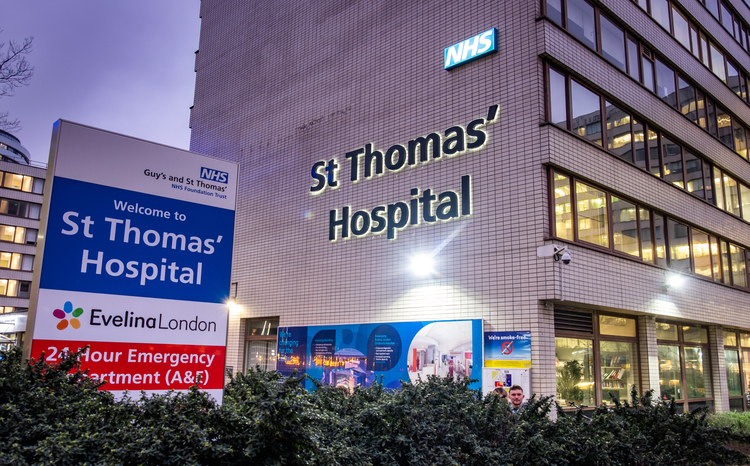GS1 and CfH sign 110 hospitals to ‘scan and save’
- 26 June 2008
Radio Frequency Identification (RFID) and barcode standards specialist GS1 UK says that 110 NHS hospitals across England have now signed up for to its ‘scan and save’ initiative for automatically tracking and tracing sterile surgical instruments.
GS1 has been working with the Department of Health and Connecting for Health on the initiative since last February, when it published the report ‘Coding for Success: simple technology for safer patient care’ advocating the use of smart wireless wristbands and barcode labelling technologies.
In the report, the DH recommended that the GS1 system should be adopted throughout the healthcare system in England, both for manufactured products and for coding systems used within healthcare settings, such as patient identification codes on wristbands. They said they would review progress by the end of 2008.
Neil Lawrence, CfH’s Auto-ID project manager, told E-Health Insider that trust uptake of the system has exceeded original expectations.
He said: "Currently we have 110 hospitals signed up to the programme. As far as deploying the technology about half of the signed up trusts are using the coding actively at the moment and the others are implementing in line with other programmes and initiatives that are happening in healthcare.
“The original target was to get 150 by the end of 2008, we are more than on course for this and its more likely to be around 175. We are more than happy with the way the programme is going as its already exceeded our expectations."
CfH is providing NHS hospitals in England an opportunity to join GS1 UK by centrally funding their membership so that they can start coding their application areas using GS1 standards.
Health ministers have been promoting its usage to NHS trusts as a useful asset to boost patient safety.
Speaking at the recent Patient Safety Congress in London, health minister Ann Keen, said: “We want to support the use of technology where this can lead to service improvement and are actively encouraging the uptake of coding in healthcare.
“We believe that this can help staff do what they want to do – deliver the right treatment, to the right patient, at the right time. We know it works – patient safety is improved and, therefore, we have recommended the use of GS1 codes.”
Developed in association with the NHS Purchasing and Supply Agency, the barcode system will enable automatic identification by barcoding all sterile surgical instruments in the hospital. Using the system, instruments are scanned before and after use in theatre to track them.
GS1’s chief executive, Gary Lynch, said: “Growing support from government and NHS agencies has helped to drive the adoption of our initiative. In the last year, we have seen a 22% increase in the number of members in the healthcare sector. Saving lives and money are two benefits which the NHS quite literally cannot afford to ignore… We urge hospitals across the UK to sign up to the ‘scan and save’ initiative and improve patient safety.”
GS1 is organising a one day healthcare conference and exhibition, the GS1 UK Patient Safety Forum, on 10 September 2008 at Leicester City Football Club to encourage the adoption of the GS1 coding system amongst the wider healthcare community, including NHS suppliers, manufacturers and NHS hospitals.
It says the event will feature high-level speakers within the healthcare sector including the Department of Health, NHS Connecting for Health, NHS Purchasing and Supply Agency, NHS Supply Chain, National Patient Safety Association, Association of British Healthcare Industries and Molnlycke Health Care.
Links




